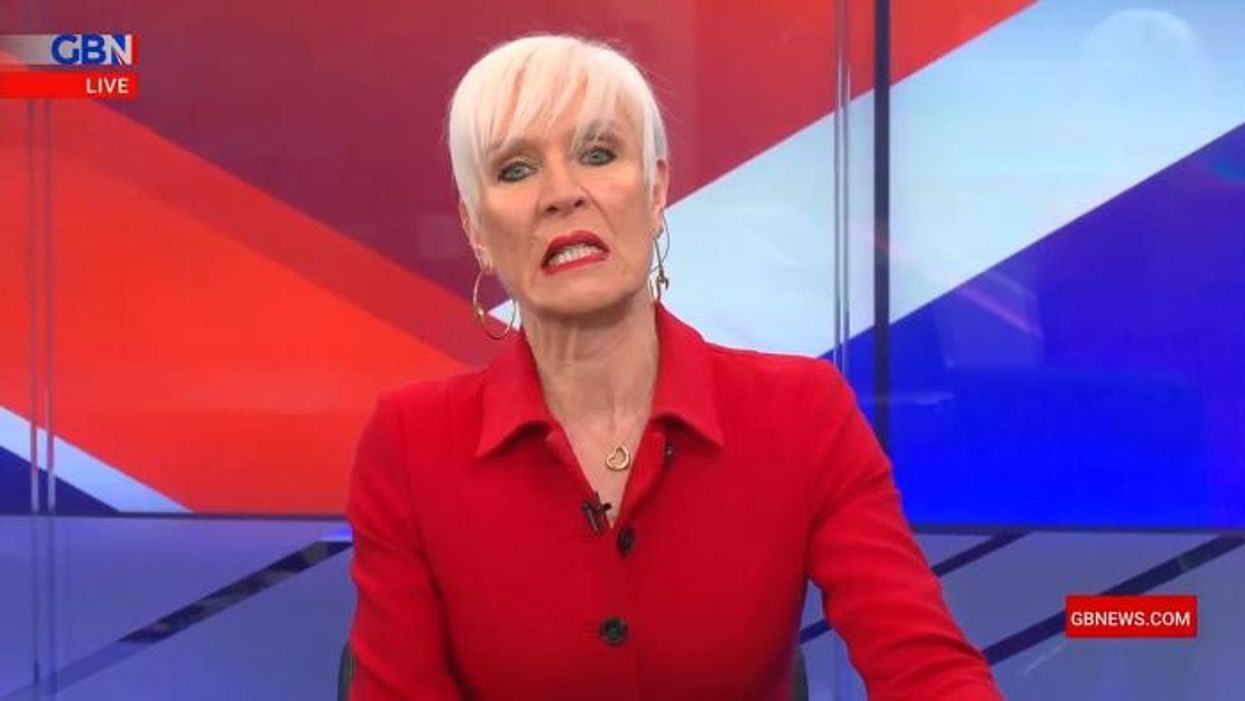Households urged to ‘submit meter reading’ before deadline or risk ‘paying more’ in energy bills

The energy price cap is set to fall from April 1 which will impact how much the average household pays in gas and electricity bills
Don't Miss
Most Read
Households are being urged to “submit a meter reading” before March 31 or risk paying more towards their energy bills.
The warning comes ahead of the pending reduction to Ofgem’s energy price cap, which will fall by 12 per cent from April.
The energy price cap is the minimum amount suppliers can charge the typical household per unit of gas and electricity if they pay by direct debit.
From April 1 to June 30, the average price a typical household will pay towards electricity and gas will fall from £1,928 to £1,690 per year a year.
This represents a £238 annual drop compared to Ofgem’s energy price cap set between January 1 to March 31, 2024.
However, families “could be paying more” in energy bills than they should over the next quarter due to a simple error.
Do you have a money story you’d like to share? Get in touch by emailing money@gbnews.uk.

Britons told ‘submit meter reading’ before March 31 or face higher energy bills
|GETTY
According to price comparison site Go.Compare, providing an up-to-date meter reading to your energy supplier could ensure household bills are as low as possible in the months ahead.
Gareth Kloet, an energy spokesperson for Go. Compare energy, said: “By submitting a meter reading on March 31, before the price drop comes into force, it will mean that your energy company cannot charge you at the higher rate for any units that have been used after that date.”
Mr Kloet described the upcoming price cap reduction as an “encouraging sign” for billpayers.
The energy expert explained: “This is the lowest figure we have seen since the first quarter of 2022.
“While it might still be disappointing for some who were hoping for a bigger reduction, as we head out of the colder months, energy usage is likely to decrease and alongside a lower price cap, we may see a welcome reduction to the high energy prices we’ve all been paying.”
Mr Kloet recommended families take readings on a “regular basis” so energy bills are calculated accurately.
He warned that energy usage estimates could end up being wrong and this can lead to households “paying more than you need to”.
“While this latest drop in the price cap is good news, household bills are still high for many,” Mr Kloet warned.
“However, there are small changes you can make to save energy and ultimately money, such as washing your clothes at a lower temperature, turning your appliances off when they are in standby mode and ensuring you are using your water efficiently.
"All of these steps can make a difference to your bills.
LATEST DEVELOPMENTS:

Ofgem's energy price cap will fall by 12 per cent from April 1
| GETTY“UK energy prices are subject to fluctuations as we remain so dependent on changes in the wholesale cost of gas.
“With this in mind, making longer term decisions with these continuous movements in the price cap can seem daunting for bill payers. This latest price drop might make it tempting to lock in a deal and protect yourself from future.”
In recent years, Britons have been saddled with rising energy bills amid the country’s ongoing cost of living crisis.
Gas and electricity costs have fluctuated in response to external pressures on the wholesale energy market, including the war in Ukraine.











